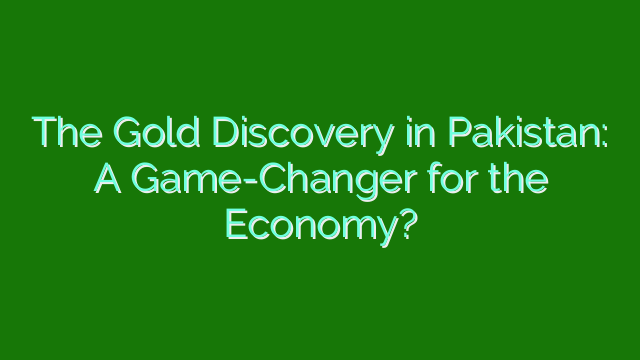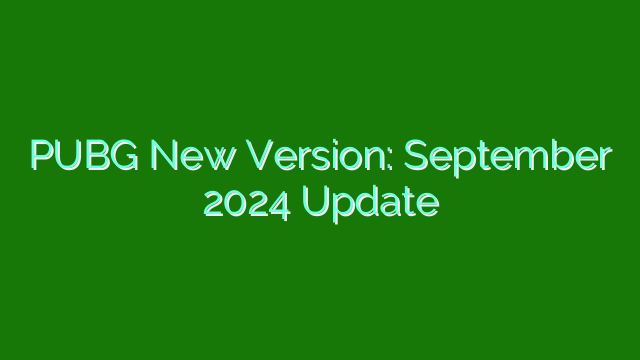The Gold Discovery in Pakistan: A Game-Changer for the Economy?
In an unexpected twist, the discovery of massive gold reserves in Pakistan has ignited hopes of a brighter economic future for the country. As detailed in a report by Times of India, these reserves are estimated to be worth an astounding 600 billion Pakistani rupees. But can this newfound treasure truly alter the economic landscape of Pakistan?
In this blog post, we’ll explore the significance of this discovery, its potential impact, the challenges surrounding it, and what it means for the people of Pakistan.
The Historic Context: Indus River’s Legacy
The Indus River isn’t just a vital waterway; it’s the lifeblood of an entire civilization. Once the heartland of the Indus Valley Civilization, the river has been nourished by history for thousands of years. It stretches across both India and Pakistan, flowing through various terrains and cultures. The new discovery marks a potential revival of the region’s fortunes and could evoke memories of the once-prosperous civilization that thrived along its banks.
Historically speaking, gold has often symbolized wealth and stability. The resurgence of gold in the Indus region sends ripples of excitement through the already complicated socioeconomic fabric of the nation.
The Science Behind the Gold Deposits
So, how did a river become a treasure trove? The gold believed to be accumulating in the Indus originates from the majestic Himalayan mountains. Over eons, the collision of tectonic plates led to significant geological changes, causing erosion that released gold particles into the river.
These gold particles are classified as placer deposits, where the fast-moving waters of the Indus assist in carrying and depositing them in various spots along the riverbed. According to estimates, the gold stretches over a 32-kilometer area in the Attock region, leading to projections of around 32.6 metric tons of gold waiting to be tapped.
The Economic Potential of Gold Reserves
With estimated reserves valued at 600 billion rupees, the implications for Pakistan’s economy are enormous. If these gold deposits can be accessed and mined responsibly, they could generate billions in revenue. This money could potentially help alleviate the burden of national debt, fund education and healthcare, and spur infrastructural development across the country.
The importance of gold extends beyond just its monetary value. A successful venture into mining could provide thousands of jobs, thereby fostering economic revitalization in impoverished areas. Such prospects have the power to uplift communities, transforming their fortunes overnight.
Local Involvement: The Double-Edged Sword of Illegal Mining
The announcement of these gold reserves has drawn the attention of local residents. Unfortunately, many have resorted to illegal mining methods, tapping into the riverbed during the colder months when water levels recede. However, this dangerous practice poses significant risks, not just to the miners but also to the environment.
Local authorities have attempted to curb illegal mining by enforcing Section 144, a legal measure aimed at preventing unauthorized extraction activities. Some residents may view these regulations as hurdles, while others see them as necessary safeguards.
Bureaucratic Roadblocks: A Hindrance to Progress
While the discovery of gold sends shockwaves of excitement, obstacles abound. Reports suggest that senior officials in the Mines and Minerals Department have hindered efforts to properly explore these resources. Instead of focusing on gold production, they are allegedly prioritizing sand and stone zinc mining operations. This mismanagement raises the question: will the gold remain buried due to bureaucratic inefficiency and corruption?
Without swift and proper government action, chances of extracting these valuable resources might dwindle. Enthusiasm quickly turns into frustration when local residents see their dreams stifled by red tape.
The Global Context: Gold Supply and Demand
In the larger picture, the discovery of gold in Pakistan arrives amid fluctuating global supply and demand dynamics. Gold prices have historically been volatile, influenced by factors such as global economic stability, inflation rates, and geopolitical events. The timing of this discovery could not be more critical for Pakistan, especially as neighboring nations pursue their own mineral wealth.
Countries with similar discoveries have often strengthened their economies by integrating sustainable mining practices. Could Pakistan follow suit? The answer lies not just in the presence of gold but in how the government and people decide to manage and exploit these natural resources.
Environmental Concerns: Mining Gold Responsibly
The excitement surrounding gold discovery shouldn’t overshadow the importance of responsible mining. While extracting gold can benefit the economy, it can also lead to detrimental environmental impacts. Illegal mining raises concerns about water contamination, soil erosion, and disruption of local ecosystems.
A responsible approach includes consulting environmental studies and engaging local communities to ensure sustainability. If managed properly, gold mining could represent a model for balancing economic advancement and environmental stewardship. This is essential for the long-term prosperity of Pakistan.
A Nation’s Hope: Can This Gold Change Pakistan’s Fortune?
As we ponder whether this gold discovery can indeed change the nation’s fate, several factors will play a crucial role. First and foremost, coordination between local communities, the government, and mining companies must take center stage. Transparency and accountability are paramount in creating an equitable system that benefits all stakeholders.
Second, the government must prioritize the establishment of a regulatory framework that encourages sustainable mining practices. By doing so, Pakistan can avoid the pitfalls that have plagued other nations reliant on mineral wealth. It must learn from both successes and failures in similar contexts.
Third, the hope is not merely to extract wealth but to invest it back into the community. This investment could manifest in better infrastructure, healthcare, and education. Ultimately, the goal should be to uplift all segments of society.
Conclusion: A Cautious Optimism
The discovery of gold in the Indus River has undoubtedly opened new doors for economic opportunities in Pakistan. However, the nation must navigate through a labyrinth of challenges and obstacles. Can the government rise to the occasion and convert this raw potential into tangible benefits?
As interest grows, the world watches closely. Will Pakistan transform its newfound fortune into a flourishing economy, or will it remain just a glimmer of hope drowned in bureaucracy and illegal activities? Only time will tell, but one thing is for sure—the stakes are high and the possibilities, vast.
In conclusion, as history unfolds, let’s keep our eyes on the Indus, where the cries for prosperity and the whispers of caution blend into the sounds of hope for a nation yearning for a change.
For more detailed insights, check the original source: Times of India.









